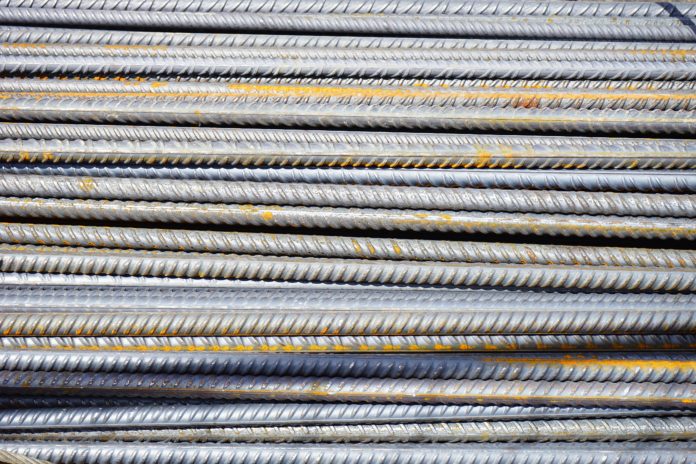
At a July 19, 2018, hearing before the U.S. Department of Commerce, auto industry representatives spoke out in unison against the Federal government’s proposed tariffs on auto imports. Peter K. Welch, president of the National Automobile Dealers Association (NADA), said in his oral testimony that his organization agrees with the Trump Administration’s goals of “leveling the trade playing field” and “eliminating of unfair trade practices.” However, he stressed that:
“NADA believes that there is no basis for a finding by the Department that the importation of autos or auto parts to the United States threatens our country’s national security.”
As we previously reported (see “Will a Trade War Disrupt the Automotive Industry?“), on May 23, President Trump directed Secretary of Commerce Wilbur Ross to conduct a Section 232 investigation into the importation of automobiles and auto parts into the United States. Section 232 of the Trade Expansion Act of 1962 allows the President to take action against foreign imports if they “threaten to impair the national security.” Trump imposed steel and aluminum tariffs earlier this year, based on Ross’s Section 232 investigation of those imports.
Automakers fear that similar restrictions may be in store for their industry, with significant impact on their globally-integrated supply chains. In his testimony, Welch referred to a new study by the Center for Automotive Research (CAR), which examined various scenarios for the imposition of tariffs or quotas on automotive imports. According to the study, Welch said that a 25 percent tariff on all imported vehicles and parts would have the following effects, if 100 percent of that tariff were passed on to consumers (directly quoted):
- The average price of all new vehicles sold to U.S. consumers would rise by $4,400. Prices would rise $6,875 for imported vehicles and $2,270 for U.S.-built vehicles due to their imported parts content.
- Annual new vehicle sales would drop by 2 million units.
- U.S. GDP would fall by $59.2 billion and nearly 715,000 Americans would lose their jobs.
- For dealerships alone, annual revenues would fall by $66.5 billion ($4 million per store) and 117,000 dealership employees (an average of 7 per dealership) would have to be laid off.
One of the few voices in favor of automotive import tariffs came from the United Auto Workers (UAW) labor union. Jennifer Kelly, research director for the organization, said that, as automobile and parts manufacturing has moved out of the U.S., “the remaining US workers’ wages have been depressed by competing with low-wage countries.” Kelly said that the Commerce Department’s investigation is “long overdue” and that the UAW hopes that “the Trump administration will take targeted measures to protect domestic manufacturing.”












